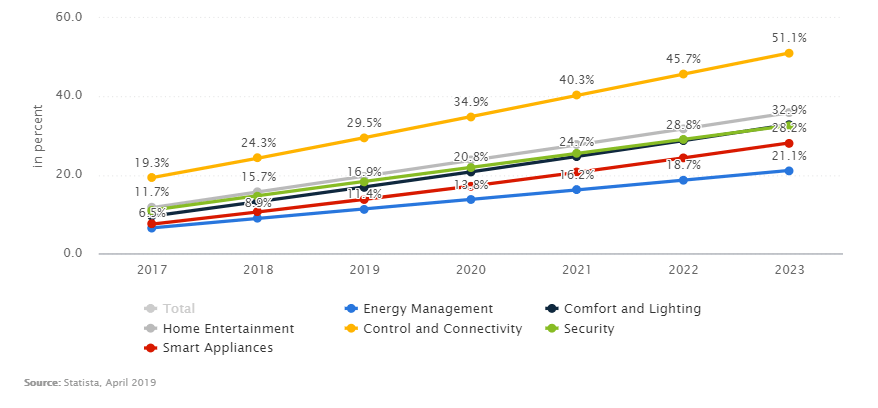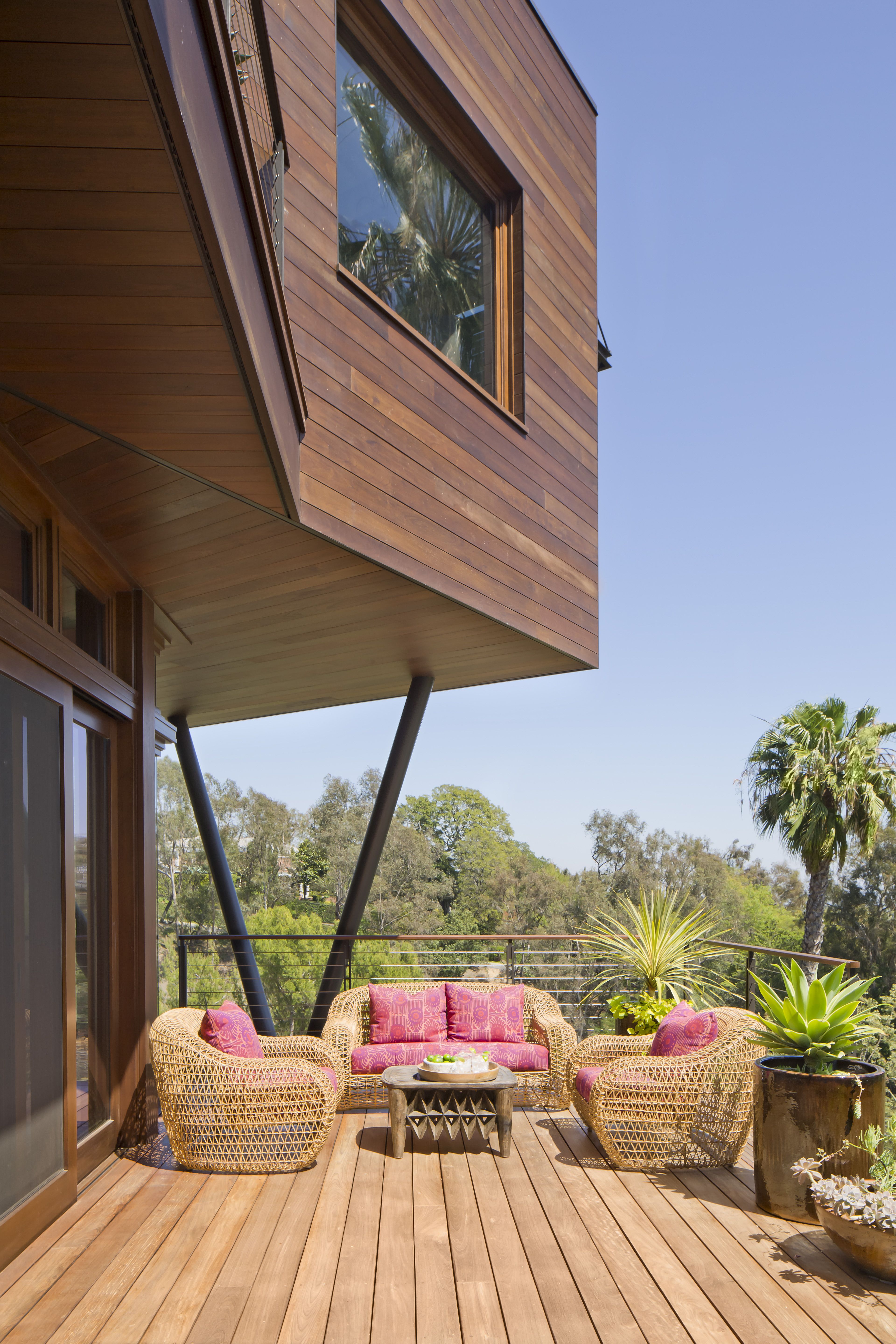
Introduction:
Embracing intelligent living has become synonymous with the evolution of smart home technologies. In this exploration of smart home trends, we delve into the latest innovations shaping the way we interact with our homes, from enhanced security measures to the integration of sustainable practices.
Connected Ecosystems:
A prominent trend in smart homes is the development of interconnected ecosystems. Home automation platforms and smart devices are increasingly designed to seamlessly communicate with each other. This integration allows homeowners to control various aspects of their homes through a centralized system, promoting convenience and enhancing the overall smart home experience.
Energy Efficiency Integration:
Smart homes are championing energy efficiency through the integration of advanced technologies. From smart thermostats that learn and adapt to household preferences to energy monitoring systems that provide real-time insights, these innovations empower homeowners to make informed decisions about their energy consumption. The result is not only cost savings but also a reduced environmental impact.
Enhanced Security Measures:
Security remains a top priority in smart home trends, with continuous advancements in surveillance and access control. Smart security cameras equipped with artificial intelligence (AI) can distinguish between familiar faces and potential threats. Access control systems, such as smart locks with biometric authentication, further enhance the security landscape, providing homeowners with peace of mind.
Voice-Activated Assistants:
The prevalence of voice-activated assistants has become a defining feature of smart homes. Devices like Amazon Echo and Google Home have evolved beyond simple voice commands to become central hubs for controlling various smart devices. Users can now manage lighting, thermostats, and even kitchen appliances through intuitive voice interactions, making daily tasks more convenient.
Health and Wellness Integration:
Smart home trends are increasingly incorporating health and wellness features. From smart beds that adjust based on sleep patterns to air quality monitoring systems, these technologies contribute to creating a healthier living environment. By leveraging data and analytics, homeowners can make informed decisions that positively impact their well-being.
Smart Lighting Solutions:
The evolution of smart lighting goes beyond simple on/off control. Smart bulbs and lighting systems now offer features such as color-changing capabilities, scheduling, and integration with other smart devices. These innovations not only enhance ambiance but also contribute to energy efficiency by allowing users to customize lighting based on their preferences and needs.
Robotic Assistance and Automation:
The integration of robotics in smart homes is on the rise, with the emergence of robotic vacuum cleaners, lawnmowers, and even window cleaners. These robotic assistants take care of routine tasks, freeing up time for homeowners to focus on more meaningful activities. As technology continues to advance, we can expect further developments in the realm of robotic automation.
Smart Home Entertainment Hubs:
Entertainment systems within smart homes are evolving into comprehensive hubs. Smart TVs, sound systems, and gaming consoles can now be seamlessly integrated with other smart devices. This convergence allows for a more immersive entertainment experience, where users can control multiple aspects of their home entertainment environment with a single interface.
Adaptive Home Automation:
The future of smart homes lies in adaptive automation. Systems that learn from user behavior and adapt to changing circumstances are becoming more prevalent. For instance, smart thermostats that adjust heating and cooling based on daily routines or sensors that optimize lighting according to natural daylight contribute to a more adaptive and user-centric smart home experience.
Conclusion:
The landscape of smart homes continues to evolve, driven by innovation and a commitment to enhancing the way we live. From interconnected ecosystems to advanced security measures and a focus on energy efficiency, these smart home trends are shaping a future where technology seamlessly integrates into our daily lives, making homes more intelligent, efficient, and sustainable.
For more in-depth insights into Smart Home Trends, visit PlayAsSustentable.com.



